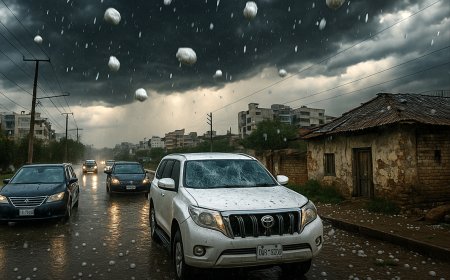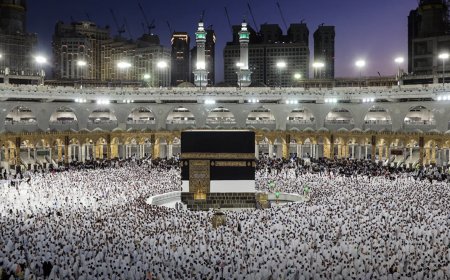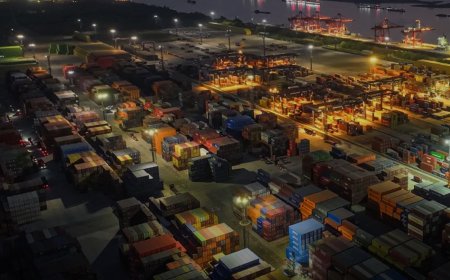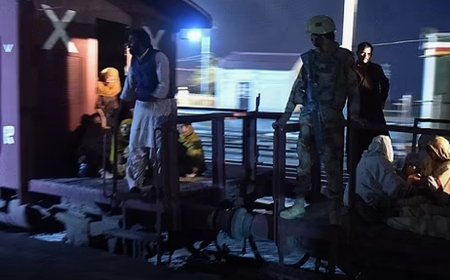Deadly Hailstorm Batters Islamabad and Rawalpindi: Cars Wrecked, Lives Lost, and Climate Fears Surge
ISLAMABAD — A Wake-Up Call From The Sky
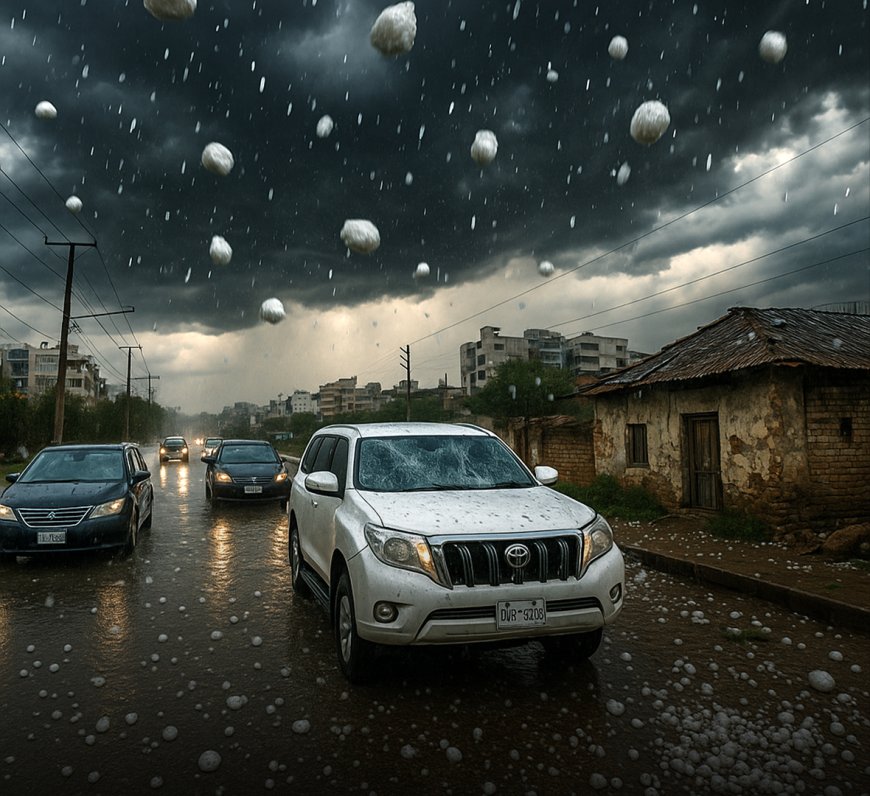
A sudden and ferocious hailstorm swept across Islamabad, Rawalpindi, and surrounding areas on Wednesday, leaving behind three deaths, shattered infrastructure, and urgent questions about climate readiness. The unexpected yet increasingly frequent extreme weather event transformed the capital into a storm-battered war zone, where ice bullets pounded rooftops, roads turned into rivers, and fragile structures crumbled under pressure.
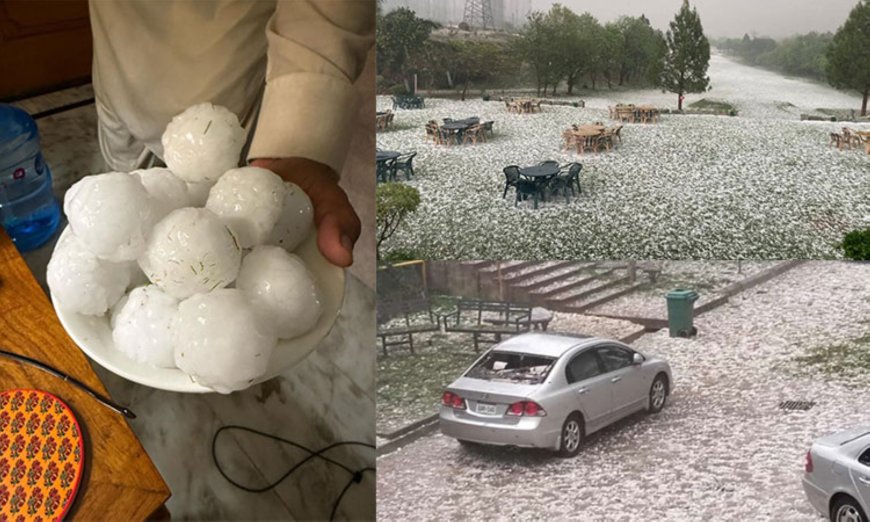
The incident claimed the lives of three individuals—two in Gujar Khan and one in Rawalpindi—as walls collapsed under the force of the storm. Authorities confirmed that in Sohawa Town, a section of a building wall caved in on pedestrians, killing Amir (30) and Mohammad Yousuf (55) instantly due to fatal head injuries. Four others sustained critical injuries and were shifted to THQ Hospital Sohawa.
In Rawalpindi’s Ratta Amral, 23-year-old Iyaz Khan, a resident of Hazara Colony, lost his life when a mosque wall collapsed during the onslaught of wind and hail.
❄️ "It Was Like Being Shelled" — Residents Shocked by Scale of Storm
Hailstorms are not unheard of in northern Pakistan during spring transitions. However, the intensity, size, and scale of this storm alarmed both residents and meteorological experts. Hailstones up to 1.2 inches in diameter—comparable to golf balls—rained down on the capital, particularly at the base of the Margalla Hills, leaving residents stunned.
“It felt like a warzone. Hailstones shattered our car windshield. The roof was hammered like someone was trying to break through,” recalled Mahnoor Ali, a resident of F-11.
The storm left a trail of physical and financial destruction:


-
Car windshields smashed
-
Solar panels fractured
-
Weak rooftops collapsed
-
Drainage systems choked
-
Roads submerged
???? Climate Change, Not Just Weather
While social media flooded with dramatic footage under the trending hashtag #hailstorm, experts quickly connected the dots to climate volatility.
“This is no longer abnormal. It’s the new normal,” said Dr. Zaheer Babar, spokesperson for the Pakistan Meteorological Department. He explained the storm as a result of hot, dry continental winds colliding with cool, moist western winds from Central Asia and Iran—a dangerous mix becoming more frequent in recent years.
“Such events are direct consequences of climate change, with longer dry spells punctuated by intense hail or rain,” Dr. Babar added.
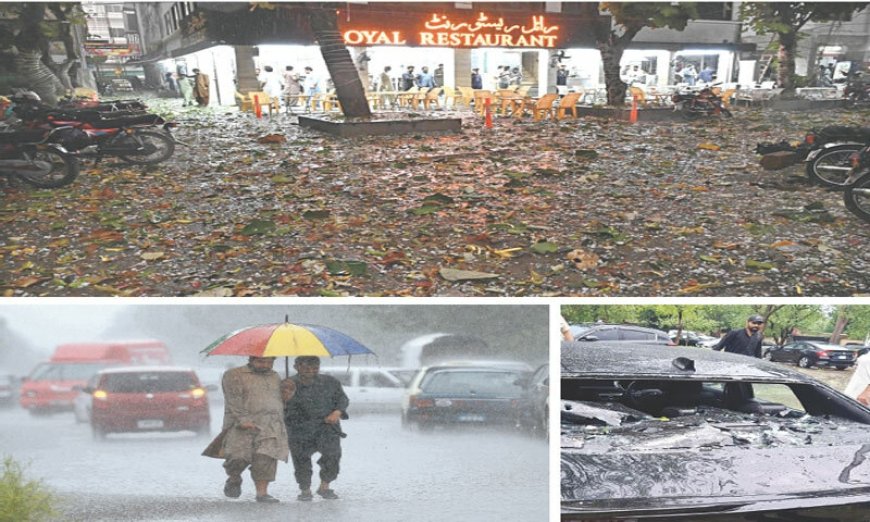
????️ Poor Urban Planning Amplifies the Impact
In Islamabad, the real damage went beyond just the weather. The storm exposed the inadequacies of urban planning, particularly in newly developed sectors. Clogged drainage systems failed to divert water efficiently, leading to waterlogged roads in areas like G-10, G-11, I-9, and Blue Area.
Critics argued that multi-billion rupee infrastructure projects showed poor returns in resilience and foresight.
????️ Senator Sherry Rehman Raises Alarm on Global Inequality
Senator Sherry Rehman, Chairperson of the Senate Standing Committee on Climate Change, called the hailstorm a "climate inequality crisis" in real-time. She posted on X:
“In April—INSANE hailstorm in Islamabad. Coming down like pellets. This is extreme weather volatility driven by #climatechange. Not random. A painful example of growing global inequality.”
She emphasized that marginalized communities are the most vulnerable during such disasters, often lacking safe shelter or emergency resources.
????️ What's Next? Another Rain Spell Incoming
According to the PMD, another rain and storm system is expected to impact northern Pakistan by Friday, lasting until April 20. Residents are urged to remain cautious and avoid weak structures or flood-prone areas.
For a country already battling economic stress, food inflation, and water scarcity, these events point to a climate emergency knocking on every city’s door.
What's Your Reaction?








